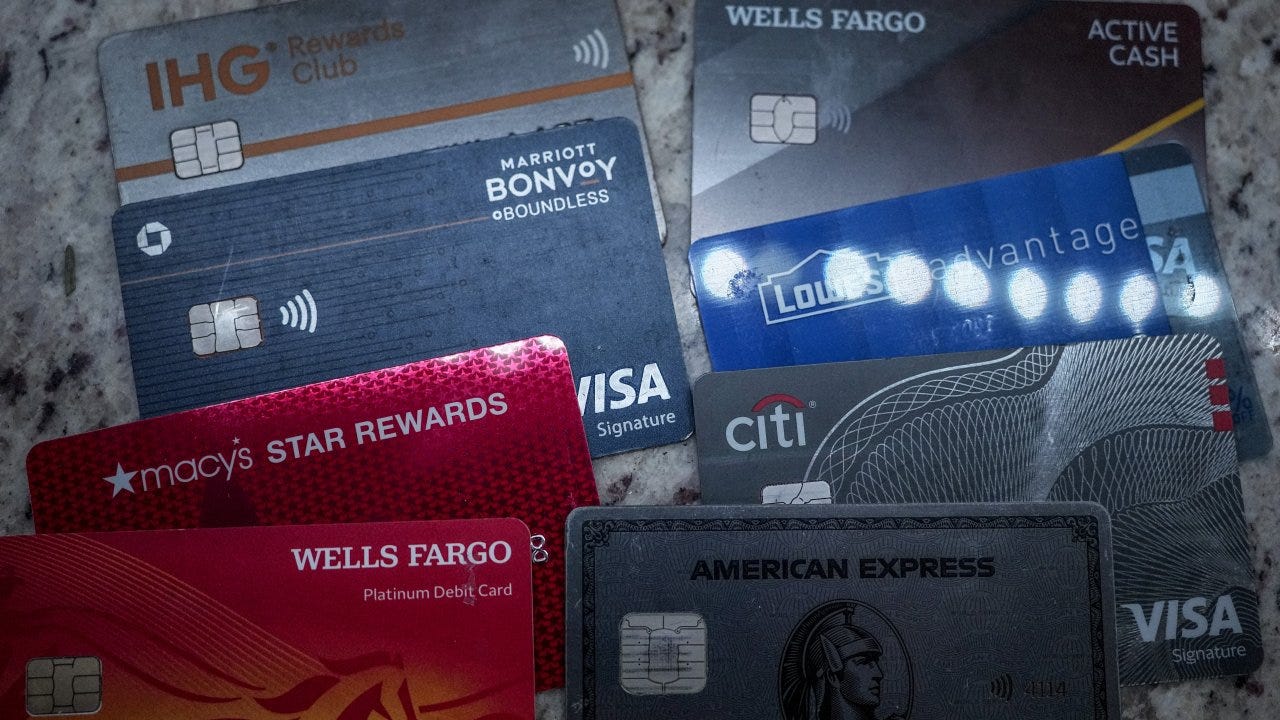Biden targets textbooks in his war on 'junk fees.' But it's students who will pay the cost.
When it comes to changing the programs that help make college more affordable for students, it isn't about 'junk fees' – it's just junk policy.

Outrage from legions of Beyoncé and Taylor Swift fans about hidden concert ticket fees helped spark a national conversation around “junk fees." It has even filtered into the 2024 election cycle.
The term is now being used on the campaign trail to describe everything from hotel amenity charges (annoying) to the cost of title insurance on a home mortgage (valuable). And while we all appreciate the importance of fighting back against hidden fees specifically designed to skim more money off the backs of hardworking Americans, some of the costs being labeled as “junk” by politicians actually help consumers save money.
Case in point: The federal government now wants to label college textbooks as “junk fees” and take action to upend popular programs that automatically provide students with their required course materials at a steep discount.
The programs, known as inclusive access or equitable access, help ensure students begin the semester with all the materials they need to succeed in class, and students have the choice to opt out if they want to buy books on their own.
Textbooks are significant expense for students
As the chancellor of Dallas College, a public community college serving more than 130,000 students across seven campuses, my mission is to make college as accessible as possible – and that starts by removing barriers that hold people back from pursuing a degree or credential. And the fact is, textbook costs can be a significant and unexpected expense, particularly for nontraditional and underserved students.
We all agree that textbooks costs are out of control. Between 1977 and 2015, the cost of textbooks rose by three times the rate of inflation.
By 2016, the average college student could expect to spend at least $1,200 for course materials and supplies.
This is absolutely untenable, especially for community college students who are balancing family, work and life responsibilities while also trying to invest in their future. Students should not have to choose between paying their rent or buying a chemistry textbook – ever.
Biden botched financial aid rollout. And it's parents and students who are paying the price.
Colleges are helping students save on textbooks
That’s why in 2019, Dallas College launched an affordable access program called IncludED that has allowed us to negotiate bulk discounts on course materials on behalf of our students and make sure those lower costs were automatically included in students’ tuition.
Before IncludED, students sometimes spent more on textbooks than they did on tuition. Now, not only does this program help our students save more than $46 million annually on textbooks (an average of $900 per student), but it also eliminates surprise costs for students because they know exactly what each semester will cost – books and all – right up front and can budget accordingly.
These savings aren’t unique to Dallas College, nor are affordable access programs. In fact, affordable access programs like ours have become increasingly popular over the past decade and have a presence at more than 1,500 colleges around the country.
Since 2012, these programs have helped bring student spending on textbooks down by 57%.
I just graduated college. Instead of feeling pride and clarity, I'm fighting hopelessness.
Beyond cost savings, our affordable access program has significantly improved student retention and outcomes. It’s just common sense: When students have the books they need to learn on the first day of class, they’re more likely to succeed and complete the semester.
Before IncludED, students would waste the first few weeks of class shopping for their books, delaying purchases until they had the cash to buy the materials – or they might decide not to buy books at all due to cost. Sometimes, these students fell so far behind they ultimately elected to drop out of the course or even withdraw from college altogether.
Five years after launching IncludED, graduation rates are up 10 percentage points and retention at Dallas College is steadily climbing. There’s no doubt in my mind that our affordable access program is a key contributor to this progress.
Again, these gains aren’t unique to Dallas College, either – research confirms that affordable access programs have a positive impact on student achievement, especially among minority students and adult learners.
That’s why it’s so frustrating to hear such a successful initiative that has a tangible impact on our students – the very same nontraditional and underserved students whom the Biden administration says it wants to help succeed in higher education – falsely criticized as “junk.”
Textbooks matter to students. Programs that help lower costs and ensure they have what they need to excel are valuable, and any action to unnecessarily change these proven programs is shortsighted.
When it comes to changing the affordable access programs that work for students, it isn’t about “junk fees” – it’s just junk policy.
Justin H. Lonon has led Dallas College as chancellor since 2022 and has served as an executive and strategic leader there for more than 18 years.